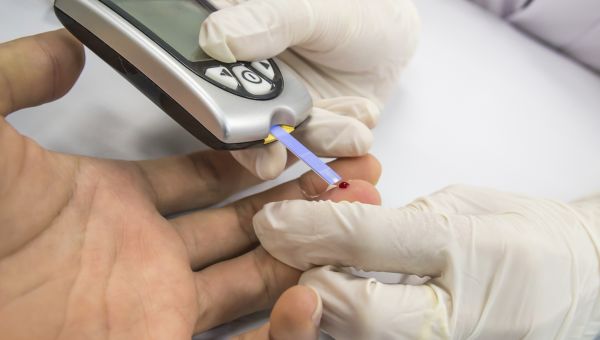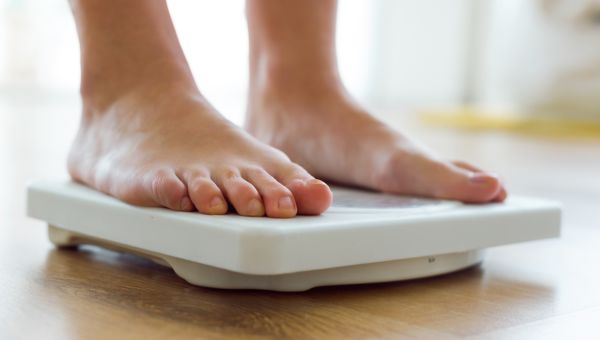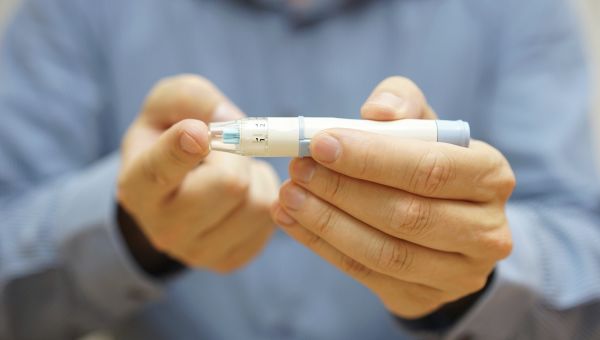7 myths you need to stop believing about insulin

Starting an insulin regimen can be life changing and a little bit scary, but don’t let social stigma, fear-mongering friends, news reports and websites put you off. The truth? Insulin is a safe and effective treatment used by about six million Americans every day to manage their diabetes. Here are some of the most common insulin myths you need to stop believing.

Needing Insulin Means You’ve Failed
So, you’ve made changes to your diet and activity levels and tried oral medications, but your blood sugar is still rising steadily. Those readings can cause feelings of shame and failure. Does that mean you’ve failed? Not at all. Type 2 diabetes is a progressive disease, and sometimes lifestyle modifications and medications can’t keep up. Insulin is often the next step in therapy. And if you have type 1 diabetes, you have to take insulin.

Insulin Injections Hurt
This is an easy myth to bust even though many people are afraid of needles. After the first couple of shots you take, you’ll realize you had no reason to worry. Insulin itself won’t cause pain, and the needles are small and thin. Relax the muscle at the injection site, push the needle in and withdraw it at the same angle. Follow these tips for easier injections.

Insulin Causes Weight Gain
Weight gain from insulin therapy is a legitimate concern—people starting insulin therapy do tend to gain weight. Insulin helps carbohydrates—specifically glucose—move from the bloodstream into cells to burn for energy. If there’s more glucose than the cells can use for fuel, it gets stored as fat. Once you start taking insulin, you’ll have to make sure you’re watching your calorie intake and getting enough exercise, so there’s less glucose to be stored as fat.

Insulin Can Make My Blood Sugar Crash
This is another myth that’s mostly true. Insulin can cause low blood sugar (hypoglycemia), defined as less than 70 milligrams per deciliter (mg/dL), but so can not eating enough or skipping meals, drinking too much or excessive exercise. Know the signs of hypoglycemia and eat meals and snacks at regular times, check your blood sugar if you feel symptoms coming on and adjust your insulin dosage if you’re more active than usual.

My Life Will Revolve Around Insulin
Insulin is often perceived as an inconvenience. People can sometimes have trouble timing their injections, and carrying or traveling with insulin. But long-acting insulin can cut down on the number of injections you need to administer, insulin pens make for easier, more convenient traveling and an insulin pump eliminates the need for injections entirely.

Insulin is the Last Resort
While insulin is a big step, it’s not necessarily the last. A 2009 study published in the American Diabetes Association’s journal Diabetes Care suggests that early, aggressive insulin therapy can get blood sugar under control, while minimizing weight gain and hypoglycemia for some people with type 2 diabetes. Know your options and don’t balk if your doctor suggests insulin early on.
More On


video

article

slideshow


video


video
